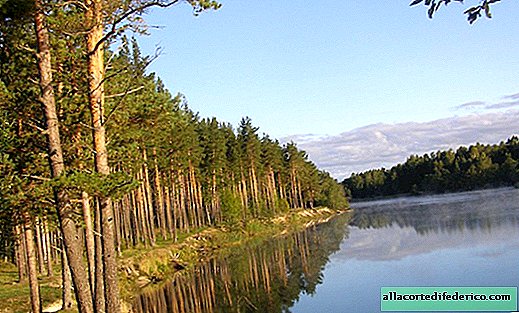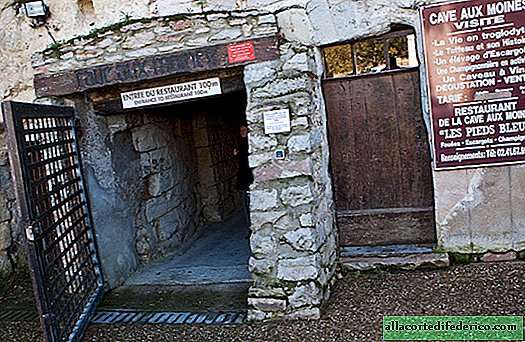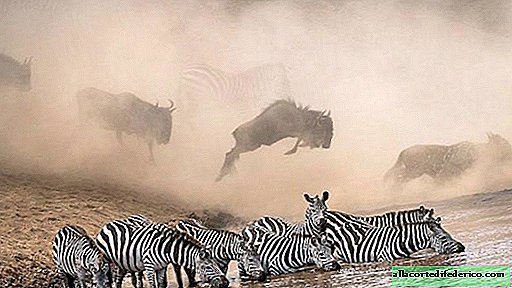Life is getting better: polar bears have become calmer and more well-fed
Despite the difficult international situation, joint scientific research remains what unites Russia and the United States. One such project is cooperation in the Arctic, where both countries study climate change and related changes in biosystems, in particular the state of the polar bear population.

In recent decades, Arctic ice has been rapidly melting: the total area of ice cover is decreasing, the periods of seasonal formation and melting of ice are shifting. All this negatively affects the lives of polar bears, who do not have time to adapt to changing conditions. The fact is that for polar bears, the presence of vast ice spaces is strategically necessary. It is on ice that they prey on pinnipeds (ringed seals, walruses, lahtaks), which are their main food. Their white skin is ideal for hunting on ice, and on land and in the open waters of the ocean they are less likely to find food.

Due to the intense melting of the ice, the bears are forced to migrate long distances, following the retreating ice. In search of places for hunting, they swim hundreds of kilometers, which leads to severe depletion, and often to the death of animals. It has become harder for females to feed offspring, and males have a hard time. In this regard, in previous years, scientists have repeatedly recorded polar bears in critical condition caused by a prolonged lack of food.

But the completed field season instilled hope in scientists. In the summer of 2018, a joint group of scientists from Russia and the United States worked in the area of Wrangel Island. Employees of the reserve, located on a Russian island, shared the results of the expedition.

It was noted that polar bears off the coast of Chukotka became less aggressive, their physical shape noticeably improved. Animals became calmer and more well-fed, which indicates an improvement in food supply. The results of the expedition, no doubt, pleased both scientists and ordinary lovers of polar bears.

In total, according to 2014 data, about 20-25 thousand polar bears live on our planet, of which about 5-6 thousand individuals are in the Russian sector of the Arctic.

















